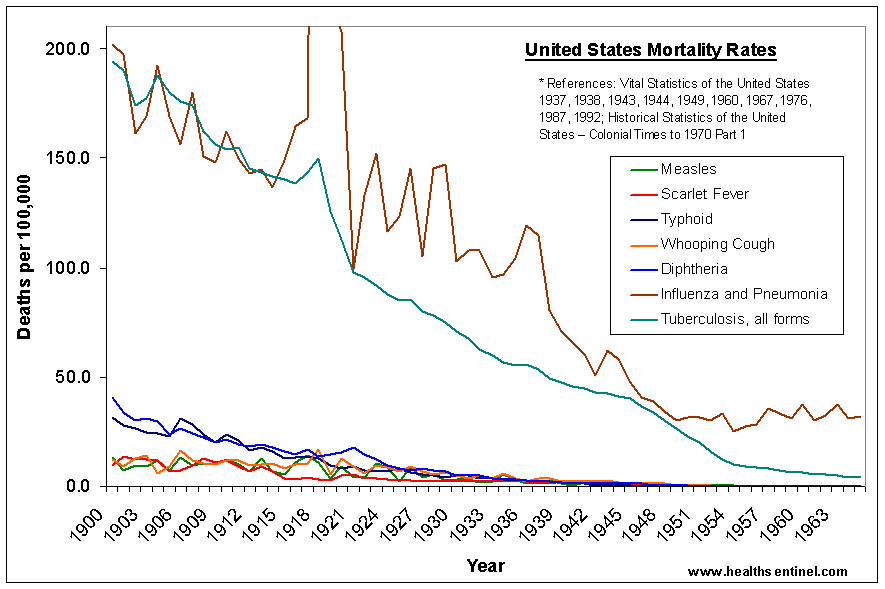
September 13, 2010 in Tuberculosis
When the tuberculosis bacteria spread out from the lungs and affect other healthy parts of the body by passing through blood or lymph systems, this condition is known as miliary tuberculosis. the infection can be inactive for many years and go undetected. in some cases, it can cause immediate problems. People with a weak immune system, especially children and elderly adults are more at risk of developing miliary tuberculosis. in the United States, the incidence of this condition is more in men when compared to women. This has been attributed to medical and socio-economic factors.
Signs and SymptomsThe signs and symptoms of miliary tuberculosis are:
Respiratory problems: Miliary TB mainly affects the lungs. As the TB bacteria spreads in the lungs, tiny growths called “tubercles” are formed around the tissue where the bacteria spreads. these tubercles damage the lung tissue and cause irritation causing cough. They also cause chest pain, bloody sputum, shortness of breath and difficult breathing.
Fever and Night Sweats: As the body’s defence mechanism fights the infection, the person may develop fever. As the body tries to regulate its temperature, chills and night sweats may become a common occurrence.
Loss of Appetite and Weight Loss: the person may experience loss of appetite due to the fever and fatigue associated with the disease and other factors. As the body spends a lot of energy in fighting the infection, loss of appetite can lead to drastic weight loss and anemia in the long run.
Swelling of Liver, Spleen and Lymph nodes: the lymph nodes hold the bacteria in place till the white blood cells attack and kill them. Miliary TB causes the lymph nodes to swell as they try to hold in bacteria. the liver and spleen take part in cleaning the blood and may become swollen too.
Joint pain: This may occur when bacteria spreads to the bone or joints. A person may also experience joint pain due to fever.
As the TB spreads to other parts of the body, symptoms may wary. They may include:
- Lower back pain
- Presence of blood in urine
- Rashes on the skin
If you notice any of the above mentioned symptoms and suspect that you have contracted the TB bacteria, consult your doctor. your doctor may perform certain tests to confirm the presence of the bacteria and then suggest a suitable treatment plan.